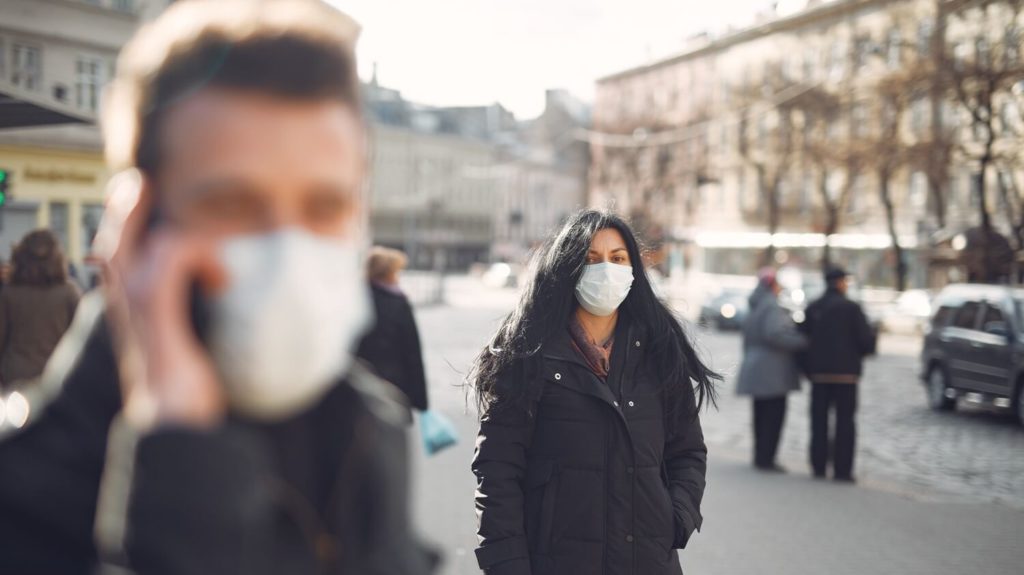The ongoing coronavirus (COVID-19) pandemic will lead to a 2.6 billion-ton drop in C02 emissions. According to the International Energy Agency (IEA), this is the largest drop in energy-related emissions in recorded history.
The IEA—a premier global energy trend forecaster—just released a new report providing a comprehensive overview of the pandemic’s impact on all major fuels. The coronavirus continues to impact businesses and industry, and global energy demand is falling.
In the past 100 days, there has been a six percent decline in global demand. This reduction is the equivalent of losing the energy demand from the entire country of India. It also represents a dramatic reduction in emissions during the coronavirus crisis.
Lockdown, social distancing tactics, and the coronavirus itself, have shut down factories and other workplaces. Some areas permit only the most essential travel. Grounded planes and unused cars contribute to the reduction in energy and fuel usage.
Fifty-seven percent of global oil demand also declined at an unprecedented rate. Road transport in areas under lockdown fell by between 50 and 75 percent. While global average road transport activity fell to nearly 50 percent of the 2019 level by late March.
While such a reduction in carbon emissions during the coronavirus pandemic is significant, it still only represents an eight percent reduction when compared to 2019. The impact of lockdown is also temporary. While the recovery period itself will reveal whether the very worst consequences of the climate crisis can be mitigated.

Climate Change and Meat
Meat consumption is connected with both the climate crisis and the ongoing coronavirus pandemic. According to the creators of 2014’s “Cowspiracy,” animal agriculture causes 18 percent of global greenhouse gas emissions.
Some experts also suggest that overcrowded pigs and poor waste management contributed to the initial outbreak of swine flu (H1N1). Similarly, some commentators hypothesize that the coronavirus pandemic first began at a wet market in Wuhan, China.
Factory farms—both for meat and fur—and wildlife trafficking both increase the risk of zoonotic diseases such as COVID-19. The Dutch government recently shut down two fur factory farms after animals tested positive for the virus.
“Fur factory farms are breeding grounds for infectious diseases,” said Claire Bass, executive director of Humane Society International UK. “Confining thousands of wild animals in unsanitary, crowded and stressful conditions, with precious little veterinary care.”


